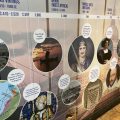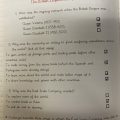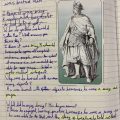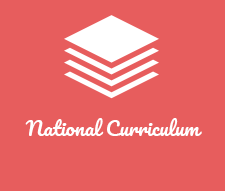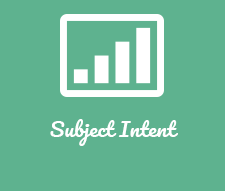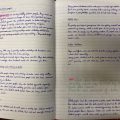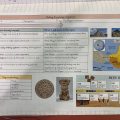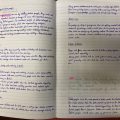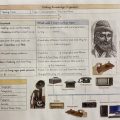At Manland, we use the National Curriculum together with Chris Quigley milestones to deliver a progressive, knowledge rich history curriculum.
Our aim is to ensure that pupils gain a coherent knowledge and understanding of Britain’s past and that of the wider world. It seeks to inspire pupils’ curiosity to know more about the past and equip pupils with the skills to ask perceptive questions, think critically, weigh evidence, sift arguments, and develop perspective and judgement.
We want to ensure that our history curriculum helps pupils to understand the complexity of people’s lives, the process of change, the diversity of societies and relationships between different groups, as well as their own identity and the challenges of their time.
In addition to class teaching, children have the opportunity to develop their passion for history through purposeful school trips, which are linked closely to our curriculum intent and help bring their studies to life.
Our Aims – History National Curriculum
The national curriculum for history aims to ensure that all pupils:
• Know and understand the history of these islands as a coherent, chronological narrative, from the earliest times to the present day: how people’s lives have shaped this nation and how Britain has influenced and been influenced by the wider world
• Know and understand significant aspects of the history of the wider world: the nature of ancient civilisations; the expansion and dissolution of empires; characteristic features of past non-European societies; achievements and follies of mankind
• Gain and deploy a historically grounded understanding of abstract terms such as ‘empire’, ‘civilisation’, ‘parliament’ and ‘peasantry’
• Understand historical concepts such as continuity and change, cause and consequence, similarity, difference and significance, and use them to make connections, draw contrasts, analyse trends, frame historically-valid questions and create their own structured accounts, including written narratives and analyses
• Understand the methods of historical enquiry, including how evidence is used rigorously to make historical claims, and discern how and why contrasting arguments and interpretations of the past have been constructed
• Gain historical perspective by placing their growing knowledge into different contexts, understanding the connections between local, regional, national and international history; between cultural, economic, military, political, religious and social history; and between short- and long-term timescales.
Ways to Develop History Skills at Home
• Explore books and magazine articles that have a history focus.
• Visit museums in the UK and around the world. A virtual tour is available for most of the major museums such as The British Museum https://www.britishmuseum.org/
• Research the life of the average person during a period of history you are studying or have an interest in.
• Dress how they would have done or try some cooking from the period.

